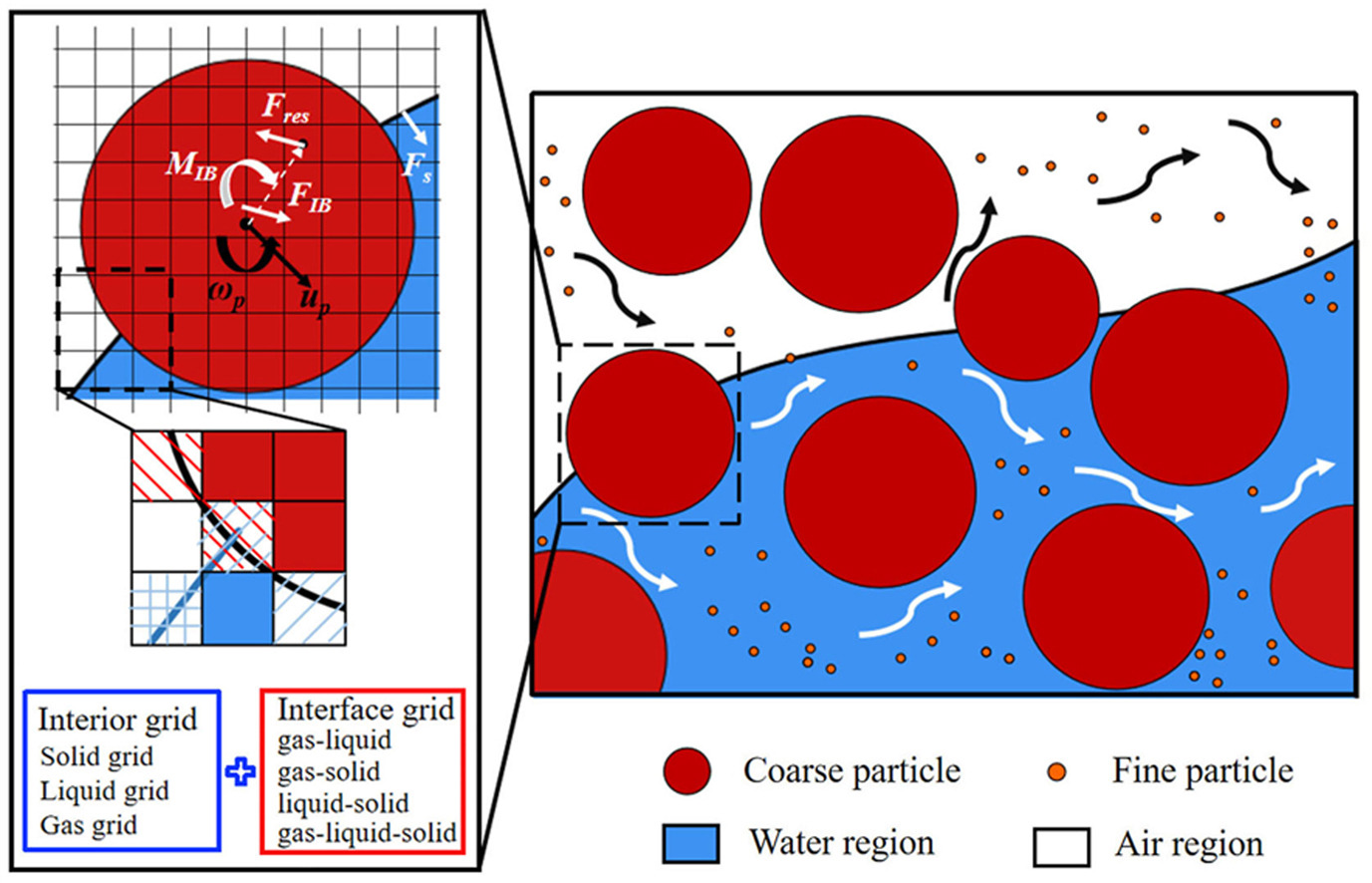- Volumes 96-107 (2025)
-
Volumes 84-95 (2024)
-
Volume 95
Pages 1-392 (December 2024)
-
Volume 94
Pages 1-400 (November 2024)
-
Volume 93
Pages 1-376 (October 2024)
-
Volume 92
Pages 1-316 (September 2024)
-
Volume 91
Pages 1-378 (August 2024)
-
Volume 90
Pages 1-580 (July 2024)
-
Volume 89
Pages 1-278 (June 2024)
-
Volume 88
Pages 1-350 (May 2024)
-
Volume 87
Pages 1-338 (April 2024)
-
Volume 86
Pages 1-312 (March 2024)
-
Volume 85
Pages 1-334 (February 2024)
-
Volume 84
Pages 1-308 (January 2024)
-
Volume 95
-
Volumes 72-83 (2023)
-
Volume 83
Pages 1-258 (December 2023)
-
Volume 82
Pages 1-204 (November 2023)
-
Volume 81
Pages 1-188 (October 2023)
-
Volume 80
Pages 1-202 (September 2023)
-
Volume 79
Pages 1-172 (August 2023)
-
Volume 78
Pages 1-146 (July 2023)
-
Volume 77
Pages 1-152 (June 2023)
-
Volume 76
Pages 1-176 (May 2023)
-
Volume 75
Pages 1-228 (April 2023)
-
Volume 74
Pages 1-200 (March 2023)
-
Volume 73
Pages 1-138 (February 2023)
-
Volume 72
Pages 1-144 (January 2023)
-
Volume 83
-
Volumes 60-71 (2022)
-
Volume 71
Pages 1-108 (December 2022)
-
Volume 70
Pages 1-106 (November 2022)
-
Volume 69
Pages 1-122 (October 2022)
-
Volume 68
Pages 1-124 (September 2022)
-
Volume 67
Pages 1-102 (August 2022)
-
Volume 66
Pages 1-112 (July 2022)
-
Volume 65
Pages 1-138 (June 2022)
-
Volume 64
Pages 1-186 (May 2022)
-
Volume 63
Pages 1-124 (April 2022)
-
Volume 62
Pages 1-104 (March 2022)
-
Volume 61
Pages 1-120 (February 2022)
-
Volume 60
Pages 1-124 (January 2022)
-
Volume 71
- Volumes 54-59 (2021)
- Volumes 48-53 (2020)
- Volumes 42-47 (2019)
- Volumes 36-41 (2018)
- Volumes 30-35 (2017)
- Volumes 24-29 (2016)
- Volumes 18-23 (2015)
- Volumes 12-17 (2014)
- Volume 11 (2013)
- Volume 10 (2012)
- Volume 9 (2011)
- Volume 8 (2010)
- Volume 7 (2009)
- Volume 6 (2008)
- Volume 5 (2007)
- Volume 4 (2006)
- Volume 3 (2005)
- Volume 2 (2004)
- Volume 1 (2003)
• A coupling framework based on GPU named as CoSim-FVDEM is developed for three-phase flow simulations.
• Resolved-unresolved coupling method is developed in CoSim-FVDEM.
• CoSim-FVDEM addresses limitations of traditional coupling models with a unified program framework.
• Accuracy of the coupling algorithm is validated through a series benchmark.
• CoSim-FVDEM can be used to efficiently simulate dynamics of large-scale gas-liquid-solid three-phase flows.
Gas-liquid-solid three-phase flow is common in various fields, making it crucial to accurately and efficiently describe its dynamic behaviors. To better perform the gas-liquid-solid three-phase simulations, a coupling code based on GPU named as CoSim-FVDEM is developed, which combines the finite volume method (FVM) and the discrete element method (DEM). This code encompasses unresolved, resolved and resolved-unresolved coupling methods, making it suitable for three-phase flow simulations involving solid particles of various sizes. A series of cases are conducted to validate the accuracy of the developed coupling algorithm, including complex dam breach flow, water entry test of a single sphere and multi-sphere within rotating roller. Finally, a gas-liquid-solid three-phase flow numerical experiment is performed, which involves the bi-disperse granular systems in a rotating roller. Base on the numerical results, the dynamic behaviors of the three-phase flow are analyzed and the computational efficiency is evaluated. The results indicate that the developed coupling code can better be used for the dynamic analysis of large-scale gas-liquid-solid three-phase flow.

